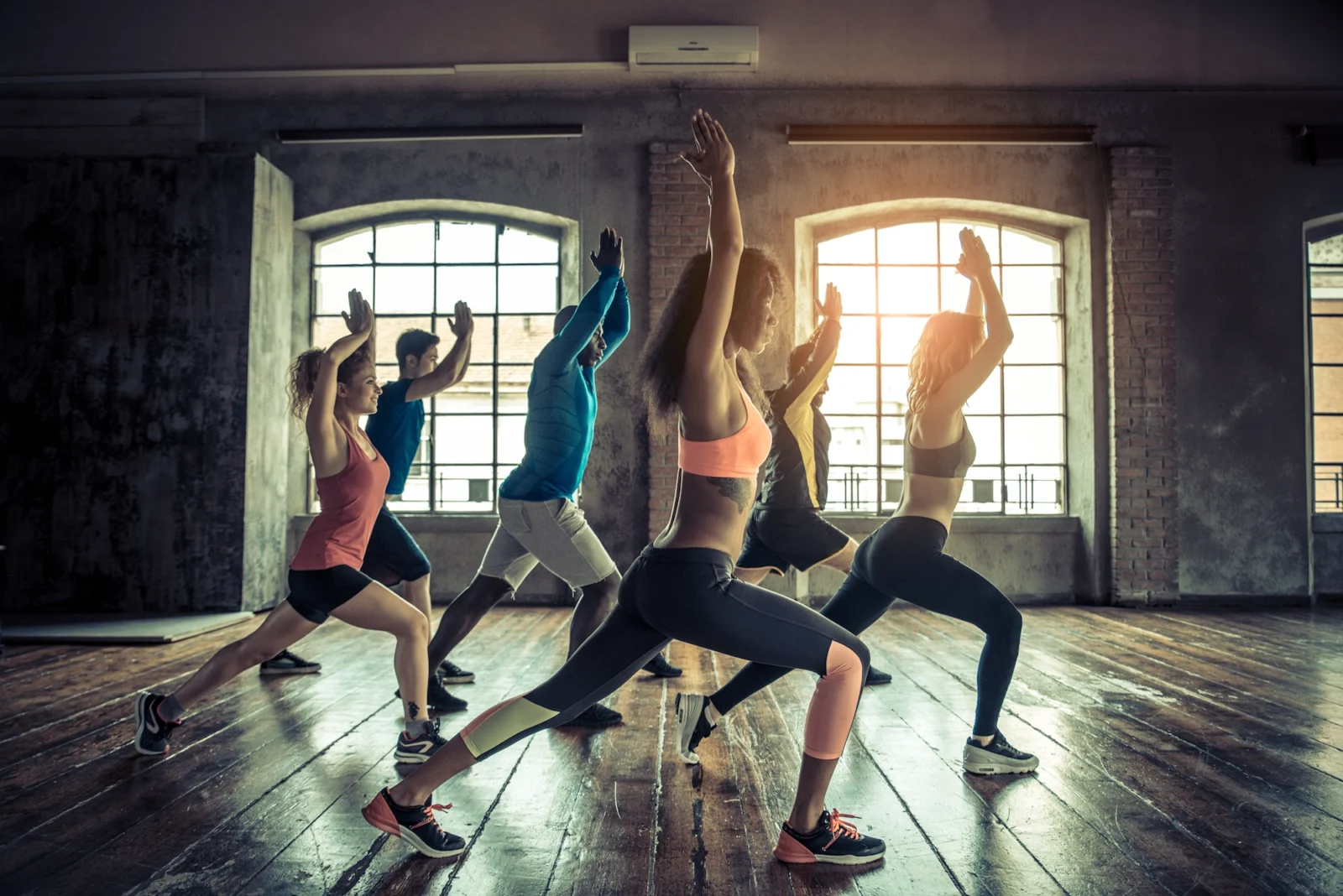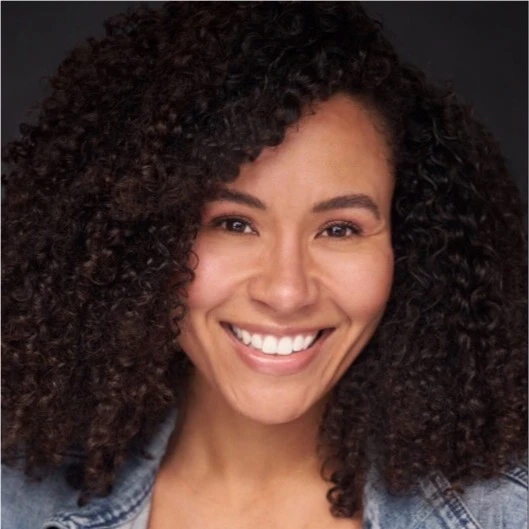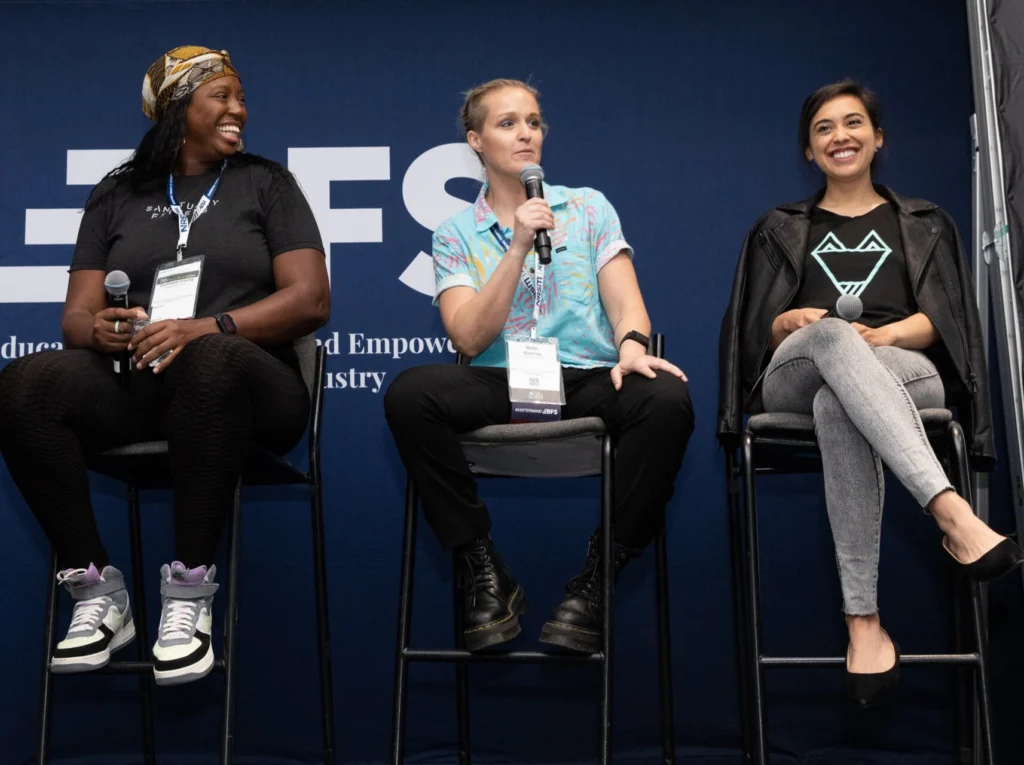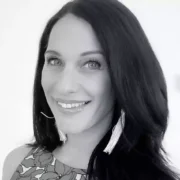Boutique Fitness Brands Must Embrace Diversity, Equity & Inclusion, Leaders Say

Embedding DEI in boutique fitness models enhances community and drives business success, although there’s a prevailing sense that many brands aren’t doing enough
Diversity, equity and inclusion (DEI) are more than just buzzwords; they’re components of a successful business strategy, especially for boutique fitness brands.
Focusing on BIPOC representation extends beyond a trend, and for boutique fitness studios, where personal interaction and community-building are key, integrating DEI into the business model is an important element that may be missing.
Implementing DEI initiatives and paying attention to BIPOC needs ensures that the space is welcoming to all, regardless of race, gender, age or body type, which in turn broadens the client base, drives innovation and creativity, and helps studios stand out in a competitive market.
However, there’s a prevailing sense in the boutique fitness industry that many brands aren’t putting enough effort and resources into meaningful DEI initiatives.
Brittany Hammond, an NASM-certified fitness trainer in Los Angeles, says she often sees gaps between stated commitments and actual practice in boutique fitness. This disconnect underscores the importance of not only defining core values but also living by them.
“Some people say they want to have DEI, but they’re not actually doing it,” Hammond says. “I’ve been a part of a company that makes a commitment to DEI every month, and every month it gets canceled. It comes down to putting their action where their mouth is.”
Commitment to Core Values
A clear articulation of core values can shape a boutique fitness studio’s DEI approach. These values serve as a compass, guiding both strategic decisions and everyday interactions.
This commitment isn’t just about stating values, but about living them through every facet of the organization’s operations. When genuinely upheld, it enhances the studio’s internal culture and boosts its reputation and appeal.
Amira Polack, CEO & Founder of Struct Club, an app that “brings structure to music-inspired fitness instruction,” says that fully committing to DEI core values is critical.
“We put it out there so everybody can keep us accountable to our values of authenticity, impact and inclusion,” Polack says.
“Making that commitment to inclusion, equity and belonging, writing it down, and making it known enables people to gravitate toward you,” she says. “It enables your team to understand your commitment and take it seriously. It enables customers to know where they belong.”
Polack underscores the importance of having a vision and then seeing it through.
“We hold DEI core values up to everything we do,” she says. “We hold them up to the workout programming, the playlist methodology, and what is being said on the mic. We hold them up to the processes, and we ask the team to keep us accountable. It’s aspirational, but if you shoot for the moon, you might land among the stars.”
BIPOC Talent Recruitment
Effective staff recruitment strategies are essential for fostering DEI within boutique fitness studios. By carefully designing hiring practices that reflect the organization’s core values, studios can ensure a more welcoming environment for both staff and clientele.
One approach is to cultivate talent internally. Many boutique fitness studios have a passionate member base, some of whom may possess the skills and enthusiasm to transition into professional roles within the studio. By tapping into this existing pool, studios can leverage deep brand loyalty, notes Desiree Guilliard-Young, MBA, shareholder and former chief operating officer and chief human resources officer at Sanctuary Fitness,
“Recruiting members who are already brand advocates ensures a seamless integration,” Guilliard-Young says. “They bring a passion that is organic and deeply rooted in our community.”
This model has the added benefit of minimizing negative turnover. Members who transition to staff roles are likely to be more committed and satisfied in their jobs, reducing the likelihood of voluntary terminations.
Hammond says that existing instructors can be important allies in opening doors for BIPOC instructors.
“When you know those jobs are available, help make the connection, do the introduction,” she says. “Let the owner know that this is a person they need to know, and don’t just pass along contact information. I’ve been lucky enough to have had another BIPOC woman connect me to opportunities.”

Guilliard-Young recommends using external resources as well, such as professional networks. She stresses how important it is that your staff reflect your membership base.
“My number one goal from a staffing perspective is representation, period, at every level of the organization. Not just front desk, not just instructor, not just senior leader, every single level, because that aspirational representation is important,” she says.
Overcoming Challenges & Embracing Discomfort
Implementing BIPOC and DEI initiatives is not without its challenges. It often requires confronting deeply ingrained biases and reshaping long-standing practices, which can lead to discomfort among team members and management.
Staff may feel threatened by new policies. There can also be misunderstandings about what DEI means, and skepticism about its benefits, which can hinder progress. Additionally, there might be financial concerns regarding the costs of implementing new programs.
Hammond says that one big challenge is top-down.
“There’s a belief that there’s not a lot of money in the black and brown communities,” she says.
“Money is a deterrent to fitness for many black and brown communities, but I think the C-suite people believe it’s not their ideal client or that’s not who they’re going for. That’s not who they see inhabiting their spaces. If they did, they would have different ways of marketing.”
Hammond says she doesn’t think BIPOC is top of mind “because there’s not a lot of us in those ‘high up spaces’ within the company to say, ‘Hey, are we thinking about everyone? Are we thinking about people who don’t look like us?’”

For boutique fitness brands, embracing the discomfort that comes with change is a crucial step toward meaningful DEI efforts. It involves recognizing that discomfort is a signal of growth and transformation, much like the muscle fatigue experienced during a workout, according to Beth Bishop, CEO and owner, The Phoenix Effect, a Los Angeles gym that touts a holistic approach to fitness.
This discomfort indicates that the organization is stretching beyond its familiar limits and adapting to embrace a broader, more diverse perspective.
“Entrepreneurs are cool with being uncomfortable, this is just a different kind of discomfort,” Bishop says. “Notice and get excited about the fact that DEI is going to make you profitable. If you’re not going on this journey, you’re leaving money on the table. You’re leaving innovation on the table.”
Comments from Bishop, Guilliard-Young and Polack were taken from the panel “DEI: Making Wellness Spaces More Accessible and Inclusive” during the IDEA World Club & Studio Summit, July 12, 2023, Los Angeles.



